(Note: This interview first appeared at MinneInno.com — “Your Source for Local Innovation” in Minnesota: Innovation, Startups, and Tech.)
Few VCs have the success record of Brad Feld of Foundry Group in Boulder, Colorado, and even fewer as many writing credits. That includes several best-selling books. Well, now he’s uncorked another title, this time with coauthor Sean Wise, the subtitle of which addresses that vexing question most every would-be entrepreneur faces: when do I know it’s time to go all in and quit my day job?
I first met Brad in 2007, the year I began attending a tech conference he helped launch in Denver called “Defrag.” (And I reported on it every year for 10 years.) That was also the year Brad cofounded Techstars, and I was lucky enough to sit next to him at dinner and get the download on those plans. I so tried to get Minneapolis to become one of the Techstars cities, but, alas, it wasn’t to be back then. Eventually, of course, the accelerator found its way to Minnesota as our startup community strengthened, launching Techstars+Target and smaller programs at Mayo Clinic and Land O Lakes. Also, after years of encouraging Brad and his partner Seth Levine to look at investing in Minnesota, Foundry Group led a Series A in a startup they discovered called LeadPages, and they continue to watch what’s happening here.
When I got a look at Brad’s new book, and loved it, I immediately wanted to know more.
Q: Brad, were you surprised this book so quickly hit the list of top five best-selling business books on Amazon?
Yes. While I was confident that it would be popular, especially at a discounted price for a short period of time, I was overwhelmed and excited by the number of people who grabbed a copy.
Q: The original version of the book was published in 2014. Why did you and your coauthor decide to publish a second edition?
The first edition was published by FG Press, a publishing company that my partners and I at Foundry Group started. FG Press wasn’t successful so we shut it down, but we were proud of “Startup Opportunities” as a book. I had previously (and am currently) publishing with Wiley. They were enthusiastic about doing a second edition of the book. We added a few chapters, cleaned stuff up, and had Chris Sacca write a foreword.
Q: While the title of book is somewhat bland, the subtitle — “Know When to Quit Your Day Job” — is certainly not. Tell us about that came about, and why.
My coauthor Sean came up with it. He is quick with a one-liner and often talked to his students about the key to starting a new business was to identify the right opportunity. He often said that “friends don’t let friends pursue bad opportunities,” and one day the line “Know When to Quit Your Day Job” popped out.
Q: You make it very clear the book is intended primarily for first-time entrepreneurs. But it’s no secret they have a hard time getting attention from VCs. Is the book your way of trying to help the many thousands you have to say “no” to? I’m of course alluding to your famous blog post in 2009, “Saying No In Less Than 60 Seconds.”
When I look at the hundreds of companies I’ve funded (well over 500 at this point), greater than 50% of them were started by first-time entrepreneurs. However, even if I’ve invested in 300 companies started by first-time entrepreneurs, I’ve probably said no to 10,000 or more. I often get asked for feedback after telling someone no. Given that volume, there is no way to give people deep feedback. So, I thought a book around Startup Opportunities would be helpful to be able to point at.
Q: Of all the things this book tries to teach entrepreneurs — the realities of doing a startup — what’s the one thing you find is the hardest for them to understand or accept?
That the idea is useless. Ideas are cheap. Ideas flow freely. Lots of people have the same idea at the very beginning. The idea is not what matters. It’s what you do with the idea that matters.
Q: Are millennial entrepreneurs different? What would you say about their expectations? Are they coachable?
I work with entrepreneurs born between 1950 and 2000. Everyone – each entrepreneur – is different. I wouldn’t categorize them by the generation they belong to.
Q: Why are early-stage investors so focused on “the team”?
It’s really hard to be a solo entrepreneur. Having a great, effective, and well-functioning founding team makes an enormous difference. And, the greatest killer of startups is team issues.
Q: Knowing you have, in fact, invested in first-time entrepreneurs in your day, have many of those been financial winners? And will you continue to invest in first-time entrepreneurs?
Yes and yes. Many of the successful companies that I’ve been an investor in have been started by first-timers. And, if you look at my last few investments, I think each of them has at least one first-time entrepreneur on the team.
Q: You’ve written or cowritten so many great books for entrepreneurs. How do you keep it up? Do you have a writing schedule? You’re also a prolific blogger. How many hours per week do you devote to writing?
I try to blog daily, but I go through phases where I need a break because I don’t feel like my writing is fresh. I’m in one of those modes now and have taken a few weeks off from blogging and am getting ready to start again. Regarding my books, I go through phases. I’ll have very productive periods where I can write for two or so hours a day. I then have long stretches, often many months, where I don’t work on any books. My general pace right now is about a book a year, but it’s lumpy. I don’t really segment my time carefully, so I don’t really know how much I write each week. And, I spent a ridiculous amount of time writing email – does that count?
Thanks, Brad. The new book is fantastic. Congratulations to you and your coauthor, Sean Wise. We’ll continue here in Minnesota to practice the things you recommend in another of your great books, “Startup Communities.”
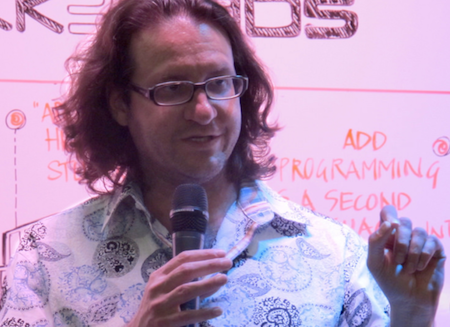
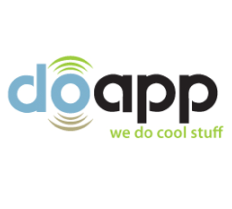
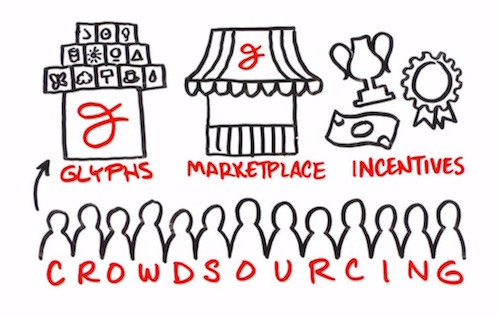
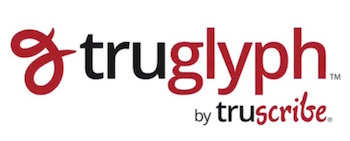
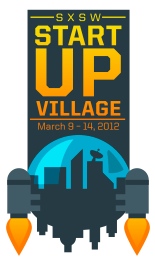
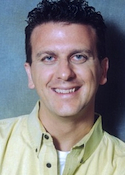

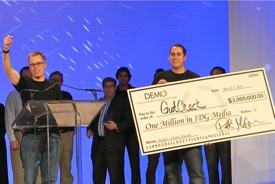


Recent Comments